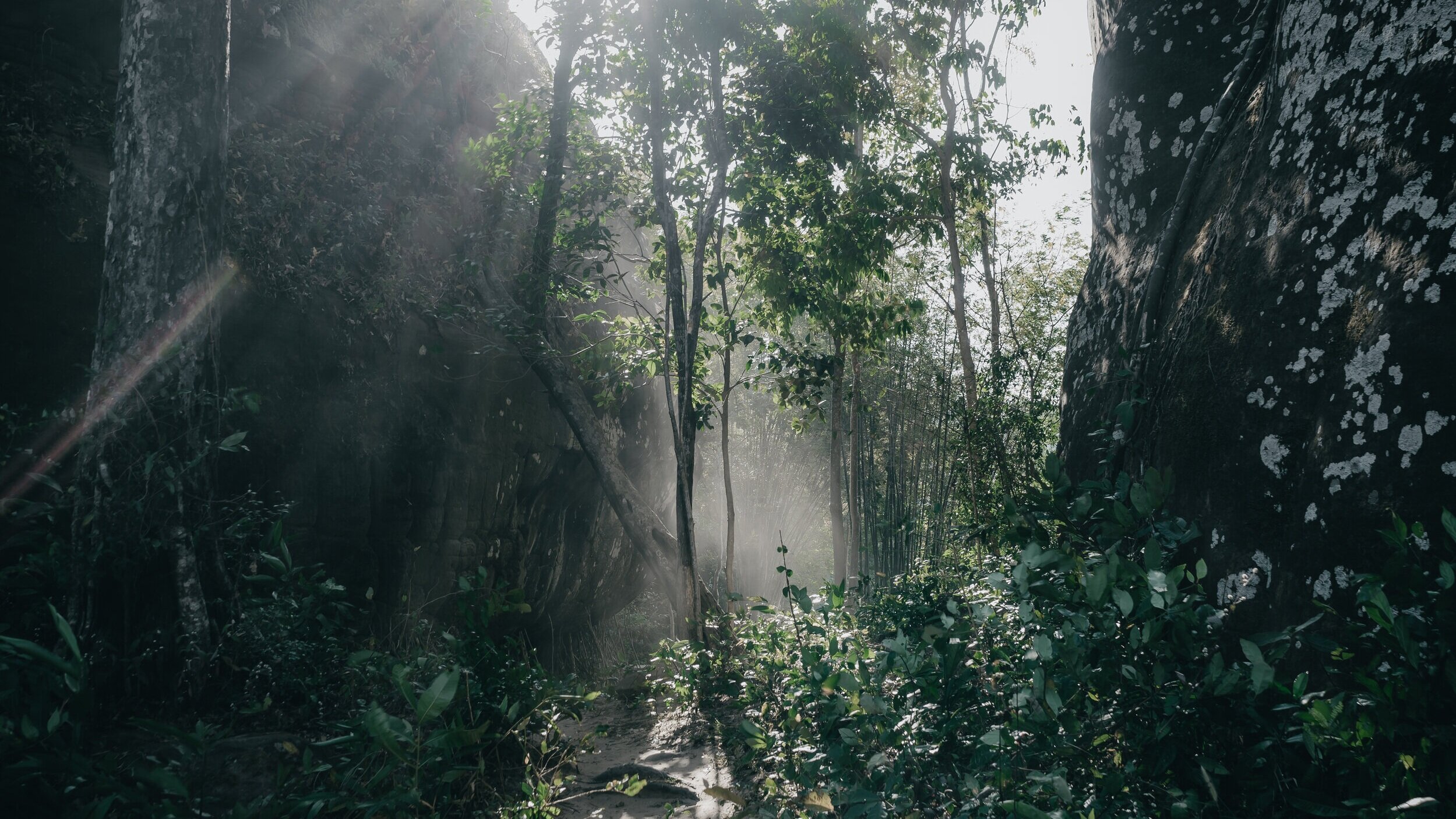The Guardian · Our laws make slaves of nature. It’s not just humans who need rights.
For decades our laws have been a death sentence for the environment. Now, from the Amazon to Australia, the tide is turning.
Mari Margil
This article was first published in The Guardian on May 23, 2018.
The Amazon rainforest is often called the earth’s lungs, and generates 20% of the world’s oxygen. Yet in the past half-century nearly a fifth of it has been cut down. The felling and burning of millions of trees is releasing massive amounts of carbon, in turn depleting the Amazon’s capacity to be one of the world’s largest carbon sinks – the natural systems that suck up and store carbon dioxide from the atmosphere.
Recently, 25 children brought a lawsuit to end the deforestation and its devastating impacts on the environment and their own wellbeing. The case made its way to Colombia’s supreme court, which issued its decision last month. While deforestation is hardly a new issue in this region, the court’s response to the lawsuit certainly was. Commenting that environmental degradation – not only in the Amazon but worldwide – is so significant that it threatens “human existence”, the court declared the Colombian Amazon a “subject of rights”.
In 1972 the law professor Christopher Stone published a seminal article, Should Trees Have Standing?, that explored the possibility of recognising the legal rights of nature. He described how women and slaves had long been treated as rightless in law, and suggested that just as they had eventually attained rights, so trees and other nonhuman living things should also do so.
Today, environmental laws regulate the human use and destruction of nature. They legalise fracking, drilling, and even dynamiting the tops off mountains to mine coal. The consequences are proving catastrophic: the die-off crisis of the world’s coral reefs, accelerating species extinction, climate change. Finally, though, this is changing. In 2006 the first law recognising the legal rights of nature was enacted in the borough of Tamaqua, Pennsylvania, in the United States. The community sought to prevent dredging sludge laden with PCBs (polychlorinated biphenyl) being dumped in an abandoned coalmine. The organisation I work for, the Community Environmental Legal Defense Fund, helped the council draft the law, transforming nature from being rightless to possessing rights to exist and flourish. It was the first such law in the world. Communities across more than 10 US states have now followed suit, including New Hampshire, Colorado and Pittsburgh.

